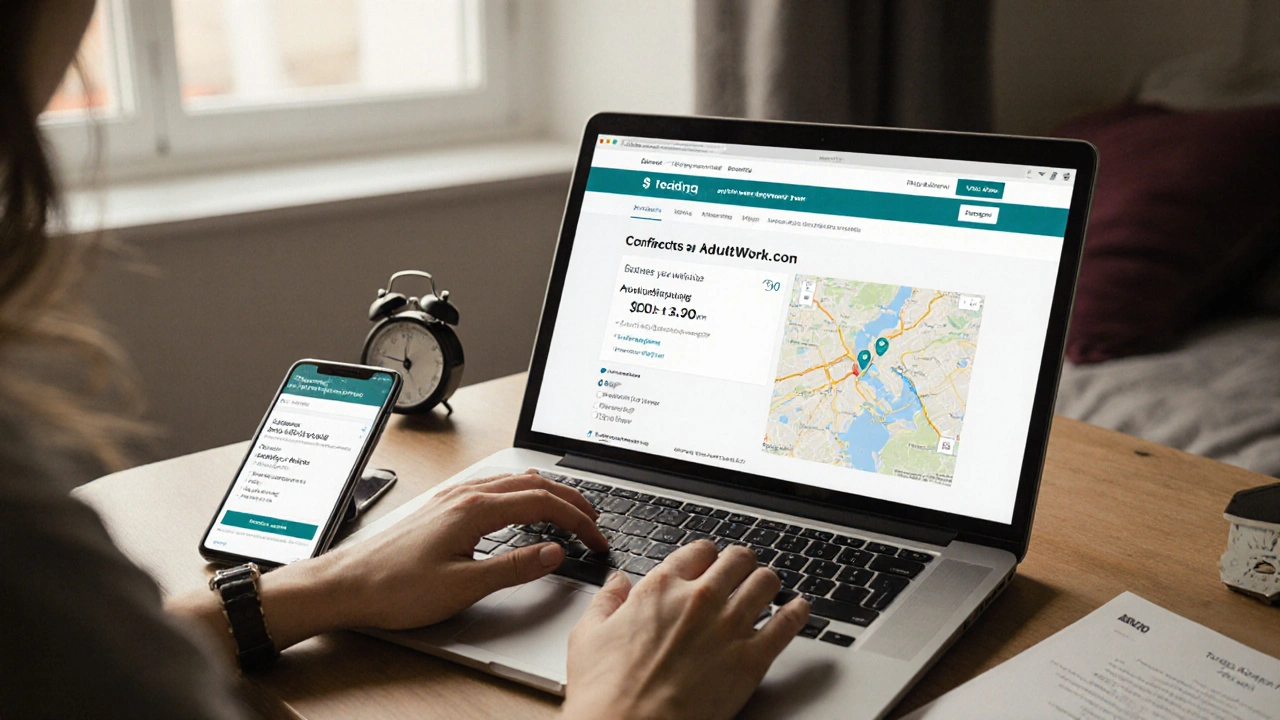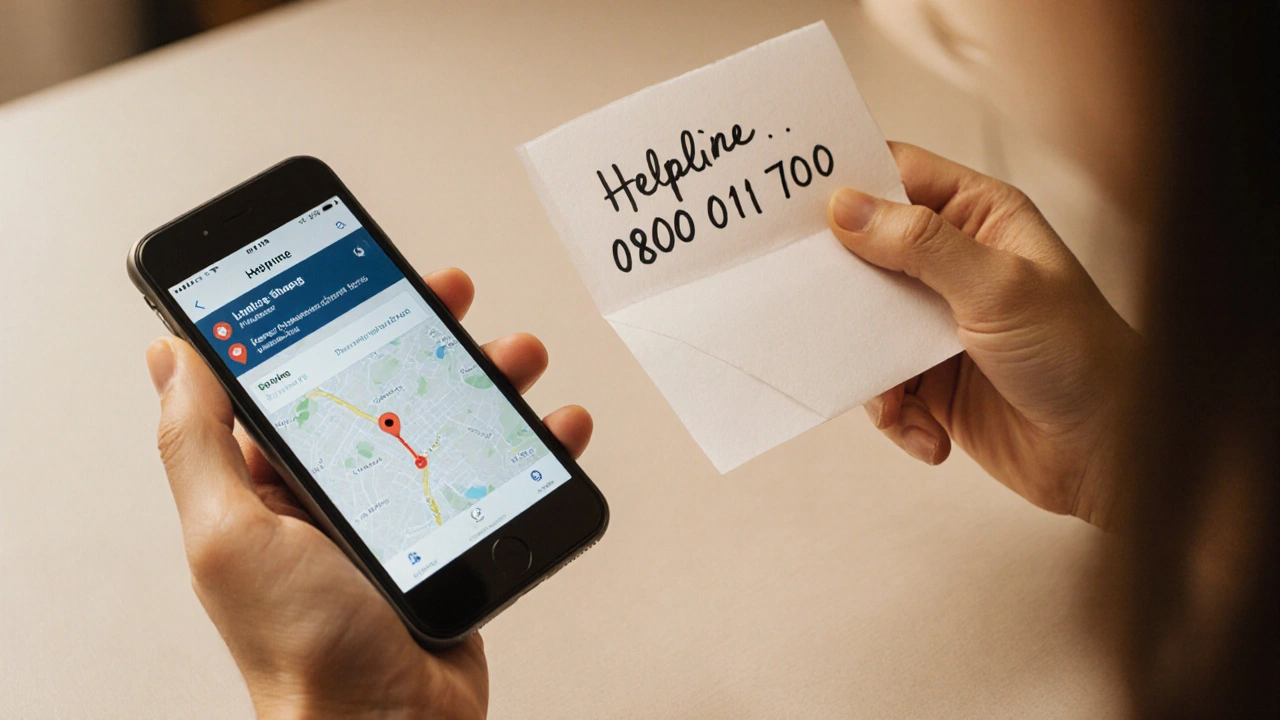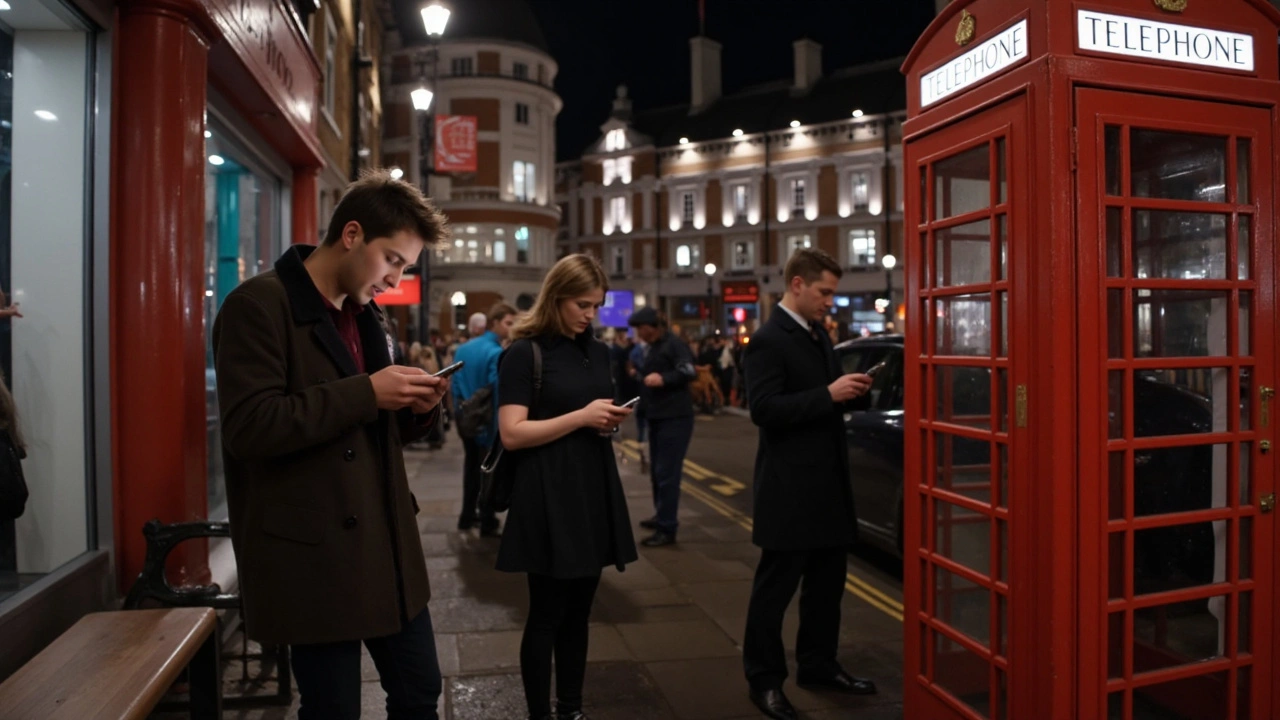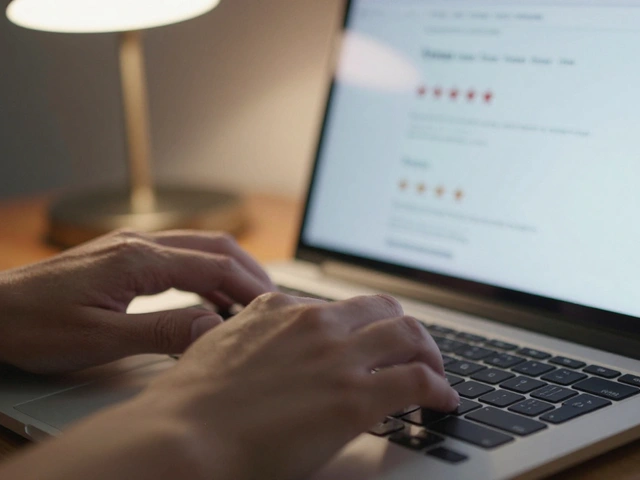Curious about finding someone for sex work near you? Whether you're exploring options or looking for ways to stay safe, this guide cuts through the noise with real advice - no myths, no fluff.
What Is Sex Work Exactly?
Sex work is the exchange of sexual services for money, goods, or other support. It includes street-based workers, independent escorts, and those working through online platforms. In the UK, selling sex is legal, but many related activities - like soliciting in public, brothel-keeping, or pimping - are not. That legal gray zone puts workers at higher risk, especially those who can’t afford to work indoors or access support networks.
Why Does It Matter?
If you’re looking for sex work, you’re not just seeking a service - you’re stepping into a high-risk environment. The people offering these services are often vulnerable: survivors of abuse, migrants without legal status, or those escaping poverty. Your actions can either protect them or put them in danger. Safety isn’t just about avoiding arrest or violence - it’s about respecting human dignity while minimizing harm to everyone involved.
How to Stay Safe - Step by Step
- Never meet in isolated places. Always choose a public, well-lit location - even if the worker suggests otherwise. Parks at night, back alleys, or empty cars are red flags.
- Use verified platforms. Sites like AdultWork.com or Eros.com have screening systems, reviews, and reporting tools. Avoid Telegram, WhatsApp, or Craigslist - they’re unregulated and full of scams.
- Share your location. Text a friend your exact meeting spot and expected return time. Set a timer to check in. If you don’t, they call the police.
- Pay in advance, but not in cash. Use digital payments like Revolut or PayPal with traceable records. Never hand over large amounts of cash before services begin.
- Don’t bring weapons. Carrying a knife or pepper spray increases the chance someone will use it against you - or report you to police.
- Trust your gut. If something feels off - too good to be true, pressure to skip safety steps, or sudden changes in plans - walk away. No service is worth your life.

Pros and Cons
| Pros | Cons |
|---|---|
| Workers on verified platforms are often screened for scams and violence. | Street-based workers face higher risks of arrest, assault, or exploitation. |
| Online booking lets you set boundaries and confirm availability. | Many workers are underpaid, coerced, or trapped due to debt or addiction. |
| Clear communication reduces misunderstandings and unsafe situations. | Legal ambiguity means police may treat you as a criminal even if you’re not breaking the law. |
| Some workers offer emotional support, companionship, or non-sexual services. | Scams are common - fake profiles, hidden fees, or robbery after payment. |
When Is It Most Useful?
This applies only if you’re an adult seeking consensual, non-coercive services - and you’re willing to prioritize safety over convenience. It’s most useful for people who understand this isn’t a casual hookup, but a transaction involving real human vulnerability. If you’re looking for emotional connection, companionship, or relief from loneliness, consider therapy, support groups, or social clubs instead. These options carry no legal or physical risk.

Common Mistakes to Avoid
- Assuming all workers are willing or safe. Many are coerced, trafficked, or under duress. Never assume consent just because someone says "yes." Look for signs of fear, hesitation, or lack of control over their environment.
- Trying to negotiate prices on the spot. This is a major trigger for violence. Always agree on the full price and services before meeting. If they change terms mid-encounter, leave immediately.
- Using drugs or alcohol before or during the encounter. Impaired judgment increases risk of robbery, assault, or arrest. Stay sober. Your safety depends on clear thinking.
- Ignoring your digital footprint. Don’t use your real name, phone number, or social media to contact workers. Use burner apps like Signal or Telegram with a secondary number. Delete all messages after the interaction.
FAQ
Is it legal to hire a prostitute in the UK?
Selling sex is legal in the UK, but buying sex in public or from someone who is being controlled or exploited is not. If you pay someone who is working independently and in private, you’re not breaking the law - but you’re still at risk of being targeted by scammers or police sting operations.
How do I know if someone is being trafficked?
Signs include: being accompanied by someone who controls their movements, speaking in rehearsed phrases, having no access to money or ID, showing signs of fear or injury, or being unable to say where they’re staying. If you suspect trafficking, call the Modern Slavery Helpline at 0800 0121 700 - anonymously, if needed.
What should I do if I get robbed or assaulted?
Call 999 immediately. Don’t try to handle it yourself. Even if you’re worried about being arrested, police are trained to prioritize your safety. You can request to speak to a specialist officer who handles exploitation cases. Your priority is getting help - not covering up what happened.
Can I report a scammer or fake profile?
Yes. If you used a platform like AdultWork.com, report the profile through their site. For social media or messaging apps, block and report the account. Save screenshots of messages, payment receipts, and any communication. These help authorities track repeat offenders.
Are there safer alternatives to hiring someone?
Absolutely. Organizations like The Sophie Hayes Foundation and The Male Survivors Partnership offer free, confidential support for loneliness, trauma, or sexual health concerns. Therapy, peer groups, and even volunteering can provide connection without risk. You don’t have to pay to feel seen.
Why do prices vary so much between workers?
Prices reflect experience, location, services offered, and risk level. Workers in London may charge more due to higher living costs. Those working alone, indoors, and with verified profiles often charge more - because they’ve invested in safety. Low prices often mean high risk: someone desperate, under control, or being exploited.
What’s Next?
If you’re serious about staying safe, start by reading the National Ugly Mugs (NUM) database - a UK-wide alert system for dangerous clients and violent incidents. Bookmark it. Share it. Use it. Your safety - and theirs - depends on it.







Hallam Bailie on 11 November 2025, AT 23:09 PM
This is actually super helpful 👍 I was gonna try some sketchy Telegram group but now I’m gonna stick to AdultWork. Safety first, right?